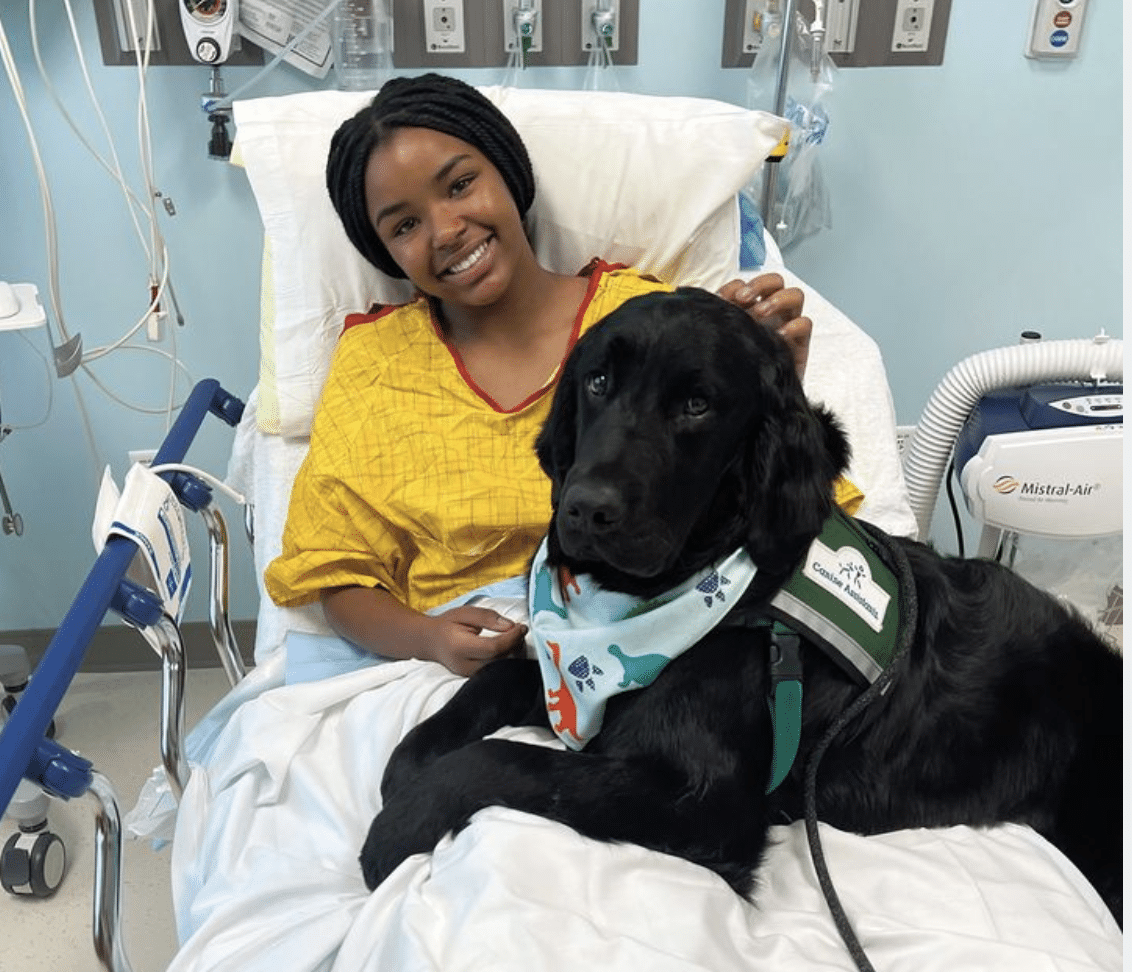Outpatient Surgery

Outpatient Surgery
Outpatient surgeries allow your child to have surgery and go home the same day. The outpatient surgery teams at Scottish Rite for Children want your family’s experience to go as smoothly as possible. Our orthopedic surgeons, preoperative nurses, child life specialists and psychologists can help your family prepare as soon as you schedule the procedure and will continue supporting you through recovery and beyond.
Preparing for Your Child’s Procedure
Your child may need preoperative appointments and tests before surgery. If so, our preoperative nurse will help you coordinate them.
You will also need to closely monitor your child’s health in the six weeks leading up to surgery. If your child has symptoms, such as high fever, breathing difficulties or other respiratory symptoms, skin problems, or a rash, the surgeon may want to delay the procedure until they are healthy.
The preoperative nurse will call you one business day before your child’s surgery to:
- Give you an arrival time
- Provide instructions about eating, drinking and taking medications the day before and the day of surgery
- Review your child’s medical and surgical history
Please follow the nurse’s instructions closely to keep your child safe during surgery. If your child’s stomach contains food or liquids during surgery, they could vomit, and it could enter their lungs.
You can schedule a pre-admission tour with our child life specialists if your child is nervous about surgery. These specialists help children understand the surgery experience in age and developmentally appropriate ways.
You can find age-specific tips for easing your child’s nerves with our free download, Preparing for Surgery.
The Day of Your Child’s Procedure
Your child will not need to stay overnight, in most cases, but it will help if you can bring items they may need for a long day away from home, such as:
- Assistive equipment, including braces, crutches, a wheelchair or a walker
- A 24-hour supply of infant or G-tube formula, especially if your child needs a specific brand
- Comfort items, such as a blanket, favorite stuffed animal, book or electronic device
- Medications and supplements in their original containers
Your child should wear comfortable, loose-fitting clothes and closed-toe shoes on the day of surgery. If your child wears contacts, leave them at home and have them wear glasses instead.
Plan to arrive at the time the preoperative nurse gave you. You will enter through the main entrance. Let our security team know your child is having surgery, and they will help you find the surgery check-in desk.
After your child checks in, our team will take you back to the pre-operations, or pre-op, room, where you will meet your surgical team, including the pediatric anesthesiologist who will keep your child comfortable during surgery. Your child’s surgeon will go over the surgery, and you or your child can ask any questions you may have. The surgeon will also mark the surgical site.
You’ll wait in the pre-op room until your child is ready to go back for surgery.
During Surgery
You’ll receive a reference number that allows you to follow your child’s progress during surgery. A screen in the surgery waiting area will display the number and stage of your child’s surgery.
Your child’s care team will update you with a phone call if your child’s surgery takes more than an hour and a half. If you miss the call, our staff will call you back.
Recovery
Once your child is out of surgery, they will be taken to our post-anesthesia care unit, where you can sit with them as the anesthesia wears off. Then, your child will move to a recovery room until they are ready to go home.
In the days after surgery, your child may experience pain and discomfort. Stay on top of the pain with medications prescribed by your care team and let a nurse or other provider know if your child’s pain worsens or won’t let up.
It’s common for children to develop fevers after surgery. However, call your child’s surgical team if a fever lasts longer than two days.
Finally, make sure your child attends all follow-up appointments to ensure healing and recovery go smoothly.
We want all outpatient surgery patients to recover well and return to active, happy childhoods. We’re here to answer any questions so you and your child feel comfortable about the experience.
FAQs
WHAT IS PEDIATRIC OUTPATIENT SURGERY?
Pediatric outpatient surgery refers to surgical procedures that do not require an overnight hospital stay. These surgeries are typically less complex and allow children to return home on the same day as their procedure.
IS PEDIATRIC OUTPATIENT SURGERY SAFE FOR MY CHILD?
At Scottish Rite, we prioritize the safety and well-being of children. Our experienced healthcare team, state-of-the-art facilities and stringent safety protocols help us deliver a safe, comfortable surgical experience for your child.
WHAT TYPES OF PROCEDURES CAN BE DONE THROUGH PEDIATRIC OUTPATIENT SURGERY?
Our pediatric orthopedic surgeons perform many outpatient procedures, including surgeries to treat:
- ACL injuries
- Meniscus tears
- Osteochondritis dissecans
- Other sport-related injuries
They also perform outpatient arthroscopy, a procedure that uses tiny cameras to examine and repair an injured joint.
WILL MY CHILD EXPERIENCE PAIN DURING OR AFTER PEDIATRIC OUTPATIENT SURGERY?
Your child’s surgical team will work to minimize pain during and after the surgery. We will also provide pain management and detailed post-operative care instructions to help reduce your child’s pain during the healing process.

